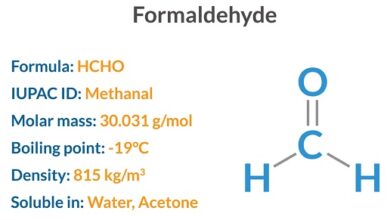What is Old Regime definition/concept
The idea of the Old Regime has a historical sense. It is a concept originating from the French Revolutionaries, at the end of the 18th century, to refer to the political, social and economic model prior to the French Revolution and which prevailed in most European nations throughout the Modern Age, that is, between the 16th centuries and XVIII.
From a political point of view, the Old Regime was characterized by the absolute power of a monarchy, also called Absolutism
The king embodied power and boasted a divine mandate, since he considered himself a God and therefore legitimized his privileged position before the people. There were institutions like parliaments or courts, but their role was subject to the monarch. The values and ideals of the Ancient Regime began to lose strength from the ideas of certain distinguished thinkers, who introduced several new concepts, such as the division of powers, the predominance of reason over faith, individual freedom , critical thinking and national sovereignty based on the people.
The economy of the Ancien Regime was based on the lordly property of the land, the latifundium
The owner or lord was a nobleman who had full powers over the people who worked for him. In fact, he could set rules, enforce justice, or collect taxes according to his interests. This practice was known as manorial rights.
The agriculture represented the main economic sector, and the industry a handmade type of activity. This model began to lose effectiveness, as it was limited to subsistence production . On the other hand, it should be noted that commercial activity was very restricted, as the unions imposed strict rules on access to work and its production. Old Regime
The social scheme of the Old Regime was related to the economic and political structure
Historians agree in valuing society as a state entity. There were two large groups , those who had a series of privileges (the feudal lords and the clergy) and a sector without any type of privilege (the peasants and artisans). However, within this second collective or status there was also a new social class , the bourgeoisie, normally merchants who had become rich and who were gradually acquiring a greater social protagonism to the detriment of the nobility.
Finally, the Old Regime broke down politically (the identification of the king with the monarch was difficult to maintain), as well as in the economic field (the latifundium was not profitable) and from the social point of view the bourgeoisie acquired vitality, weakening the power of the classes privileged. Old Regime




